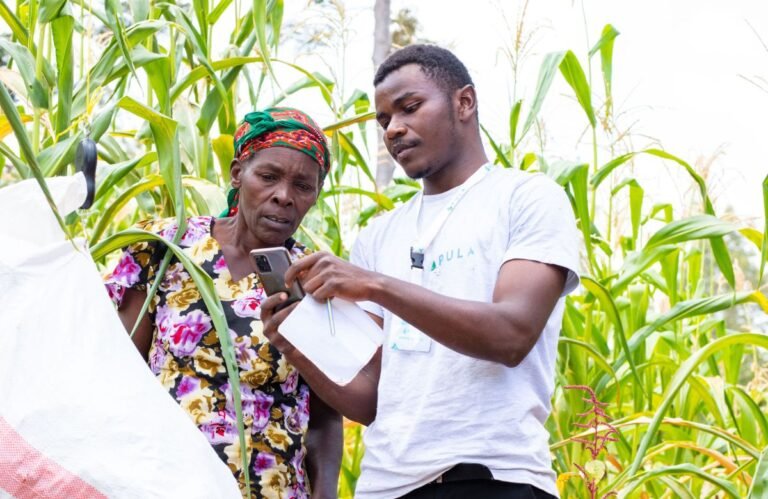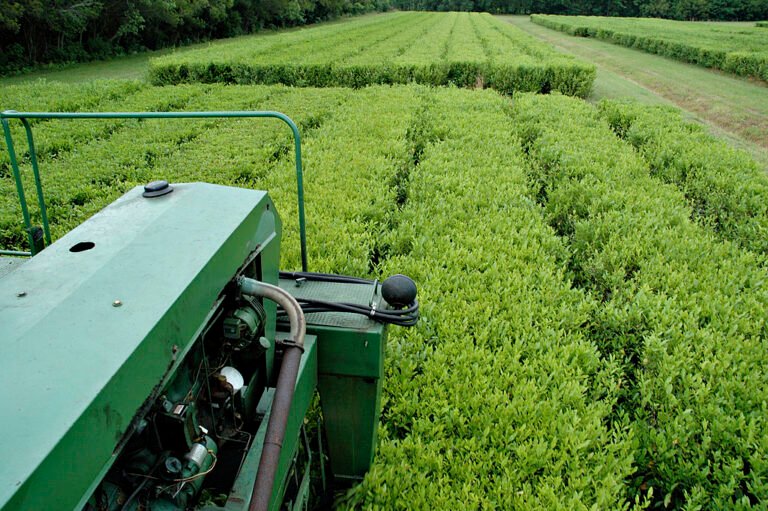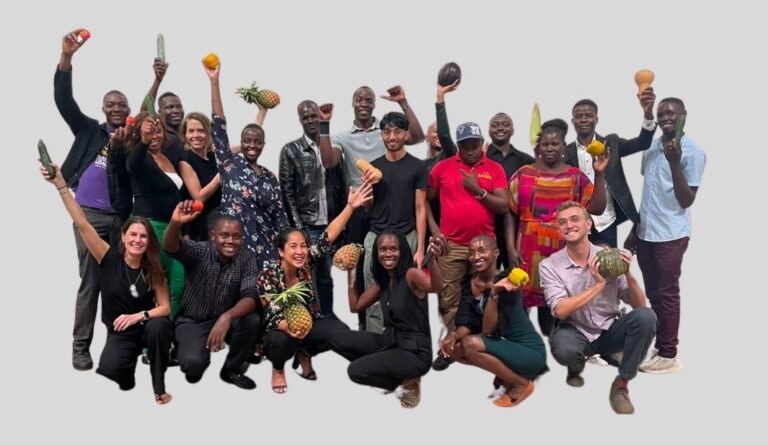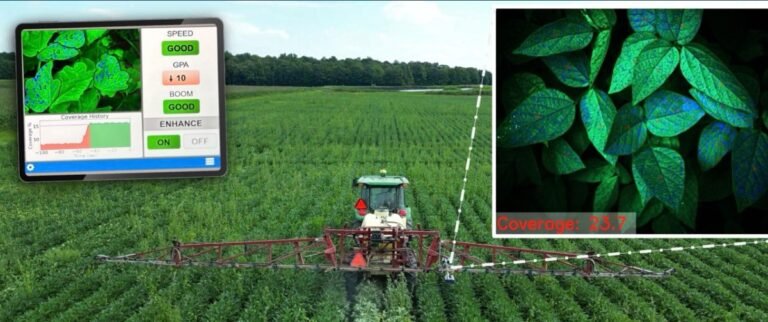
Pula, an insurtech based in Kenya, has since 2015 been keen on enhancing the access to agricultural insurance by small-holder farmers across emerging markets, shielding them against losses from pests, diseases and/or extreme weather events like floods and droughts.
“Partnering with this group of like-minded investors to boost the growth of Pula globally is a very exciting milestone in driving our triple 100 vision, through which we intend to bring insurance to 100 million smallholder farmers.
Pula embeds insurance in partners’ productsInstead of selling insurance directly to farmers, Pula has built a distribution channel of over 100 partners, including charitable organizations, banks, governments and agricultural input companies, to serve even the hard-to-reach farmers, by embedding insurance, for instance, in farm input costs or credit.
Each product Pula offers is customized to suit the demands of its clients, and the needs of the beneficiary farmers.
Pula, through insurance partners, has been offering rural families in Nigeria comprehensive coverage against banditry, disease and death of animals.

Seso was founded five years ago to help streamline that process and now looks to expand into a one-stop-shop HR platform for the agriculture industry.
Michael Guirguis co-founded the startup after his cousin asked for his advice on whether or not her organic farm should expand.
Once he started talking to potential farm customers, he realized that farms could use a lot more help with their HR beyond just finding workers.
“When it comes to the back office, every farm we visited had thousands of filing cabinets,” Guirguis said.
“Your HR team is in the back office doing traditional HR work,” Guirguis said.

We’ve seen systems that pick apples and berries, kill weeds, plant trees, transport produce and more.
A huge piece of any of these products’ value prop is the amount of actionable information their on-board sensors collect.
In a sense, Orchard Robotics’ system is cutting out the middle man.
The system cameras can capture up to 100 images a second, recording information about every tree its passes.
Then the Orchard OS software utilizes AI to build maps with the data collected.

Globally, a third of the food produced is lost or wasted, and in Kenya, that figure stands at between 20% to 40%.
Farm to Feed, an agri-tech based in Kenya, is one of the fast-risers in the space.
Farm to Feed teams then sort, grade and dispatch the products to clients from its warehouse in Kenya’s Capital, Nairobi.
Data collectionOn top of the e-commerce platform, Van Enk said they are building a data platform by collecting granular data including on climate and drivers of food loss, for better farming outcome and to create a more circular food system.
I do think that food loss is such a huge impact opportunity and also a very good commercial opportunity,” she said.

A 2021 study found that if farmers didn’t use pesticides, they would lose 78% of fruit production, 54% of vegetable production, and 32% of cereal production.
At the same time, the way pesticides are delivered is not ideal: The only way to guarantee enough pesticide distribution is to spray too much.
By reducing foliar pesticide usage by 30% to 50%, AgZen’s technology might help mitigate these impacts, aligning with the critical need for improved spray efficiency highlighted in recent reports.
AgZen is preparing to launch RealCoverage commercially later this year through a lease-to-own program, which helps put the system into financial range for farmers.
The company suggests that by reducing the amount of chemicals used, the system pays for itself within a season.

X, formerly known as Twitter, said Wednesday it is withholding specific accounts and posts in India, action it said the firm disagrees with, in response to executive orders issued by the Indian government.
Non-compliance with the executive orders, X said, would have subjected the firm to “potential penalties including significant fines and imprisonment.”X’s Global Government Affairs said legal restrictions prevent it from publishing the executive orders, but “we believe that making them public is essential for transparency.” X will file a writ appeal challenging the Indian government’s blocking orders, it said, and has notified users who are impacted by the orders.
The disclosure from X follows New Delhi ordering to temporarily block about 177 accounts and posts surrounding farmers’ protests in the country.
As privacy advocate Apar Gupta wrote in a recent post on X:Blocking orders for Twitter accounts of farm leaders have been issued in advance.
This is not surprising, what does provide anguish is the vile commentary against farmers on social media.

However, awareness of the monetary and environmental benefits associated with carbon credits is low.
It was early, as no methodologies were available at the time to create carbon credits from agriculture.
However, the 34-year-old entrepreneur decided to start his venture once the methodologies started appearing in developed markets, including the U.S. and Europe.
Unlike nature-based credits, carbon credits from renewable energy projects are easy to measure and record and do not involve co-benefits to nature.
That said, the rigorous oversight helps bring high-quality carbon credits that can be sold globally.

Shamba Pride has since 2016 worked to enhance last-mile distribution for farm inputs and tackle price exploitation and quality issues for farmers through its merchant network dubbed digishops.
The agtech has, so far, built a network of merchants (agro-dealers) extending across 24 counties in Kenya, which represents just over half of the country.
The new funding, which includes $1.7 million equity, follows $1.1 million capital raised in 2021 from SAV and Gray Matters Capital.
“Agriculture distribution in rural communities is heavily controlled by agro-dealers who decide how farmers access inputs, services and training.
Shamba Pride sources inventory from partners such as French multinational Elephant Verve that supplies it with “climate-smart” farm inputs, which is part of the agtech’s strategy to build resilience for small-holder farmers.

Deere & Co. and the American Farm Bureau Federation (AFBF) signed an MOU over the weekend, granting access to tools and repair information. “This has been a major focus of…












